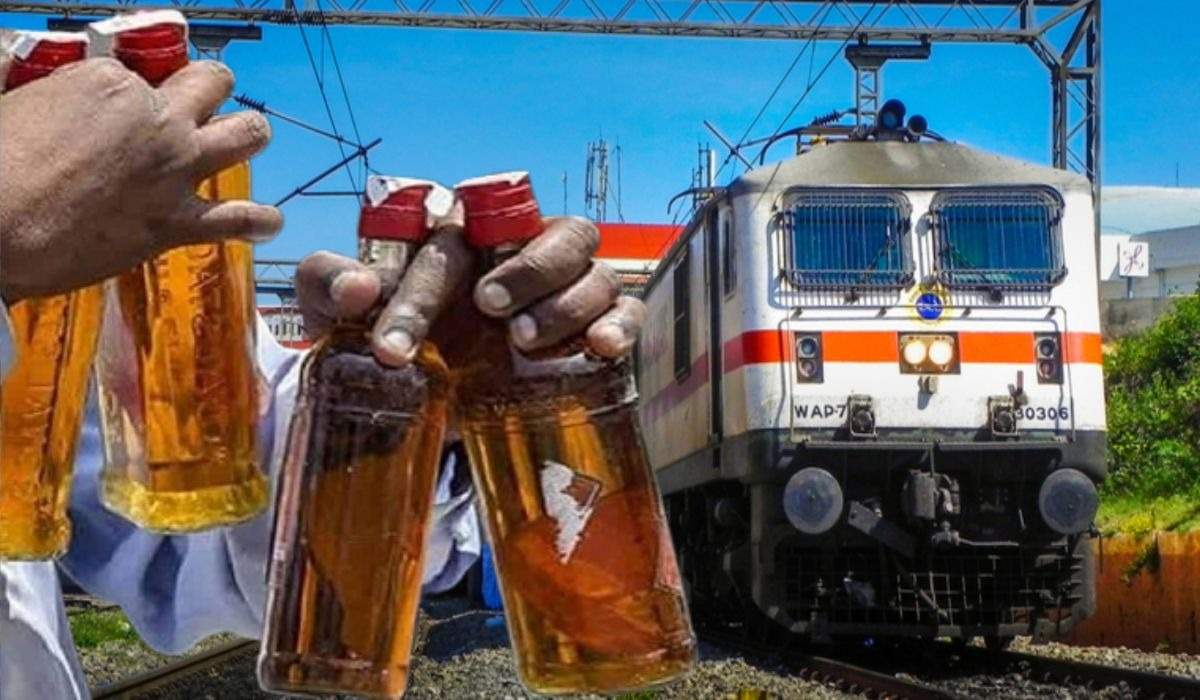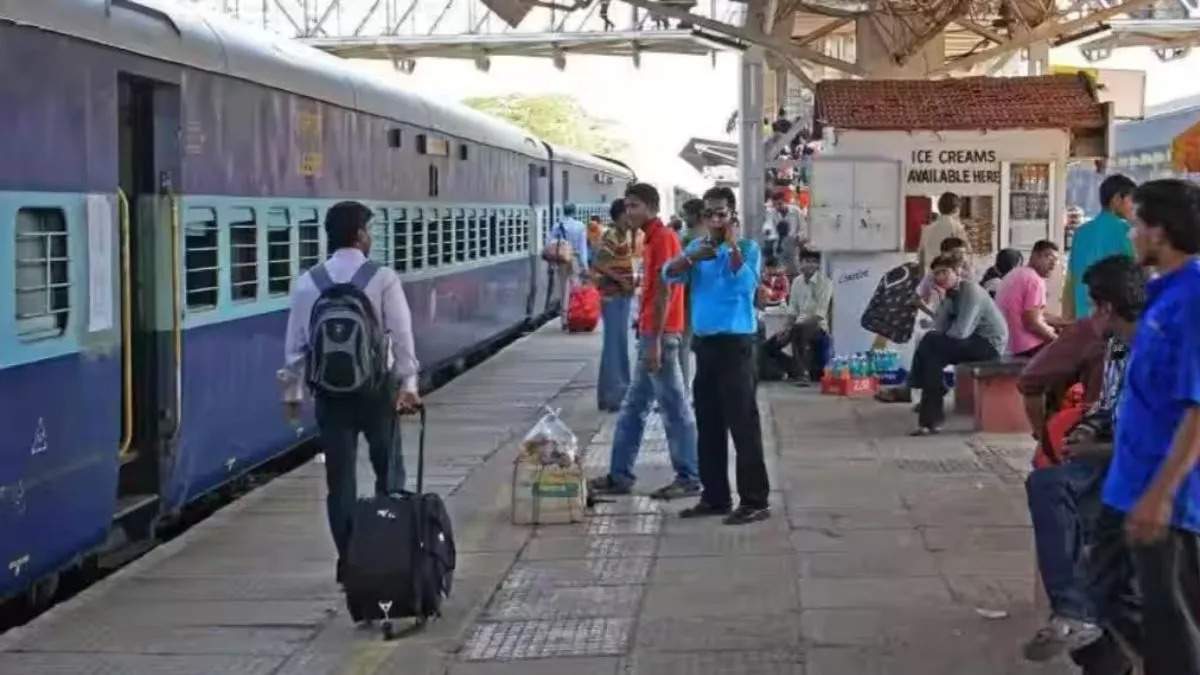How Much Alcohol Can You Legally Carry on a Train? Find Out the Limits for Various Items

In India, alcohol consumption is widespread, with an average citizen consuming about 4.9 liters per year. Given the strict regulations surrounding alcohol, including restrictions on drinking and driving, and consuming alcohol in the workplace, there are also specific rules about carrying alcohol during train travel. Here’s a comprehensive guide on what you need to know about carrying and consuming alcohol while traveling by train in India.

Can You Carry Alcohol on a Train?
Traveling by train is a common mode of transport in India, involving numerous passengers in a shared space. To ensure comfort and safety for all travelers, the Indian Railways has established specific rules regarding the transportation of alcohol. According to the Indian Railways Act of 1989, you are allowed to carry alcohol on a train. However, there are important conditions to be aware of:
- Dry States: Alcohol consumption and transportation are restricted in certain states known as "dry states," including Gujarat, Nagaland, Bihar, and Lakshadweep. In these states, carrying alcohol is prohibited, and violators may face fines or imprisonment if caught with alcohol.

How Much Alcohol Can You Carry?
Under Indian Railway regulations, you are permitted to carry alcohol on a train, but there are limits to how much you can bring:
- Quantity Limit: You can carry a maximum of two liters of alcohol per person.
- Packaging: The alcohol bottles must be sealed. Open or partially consumed bottles are not allowed on trains.
What Are the Penalties for Violating Alcohol Regulations?
Violating the alcohol regulations on trains can lead to severe penalties:
- Exceeding the Limit: If you are found carrying more than the permitted amount of alcohol, you can be penalized under the Railway Act.
- Drinking on the Platform: Drinking alcohol on railway platforms is also prohibited. Individuals caught drinking or carrying open bottles on the platform can face imprisonment for up to six months and/or a fine of up to ₹500.
